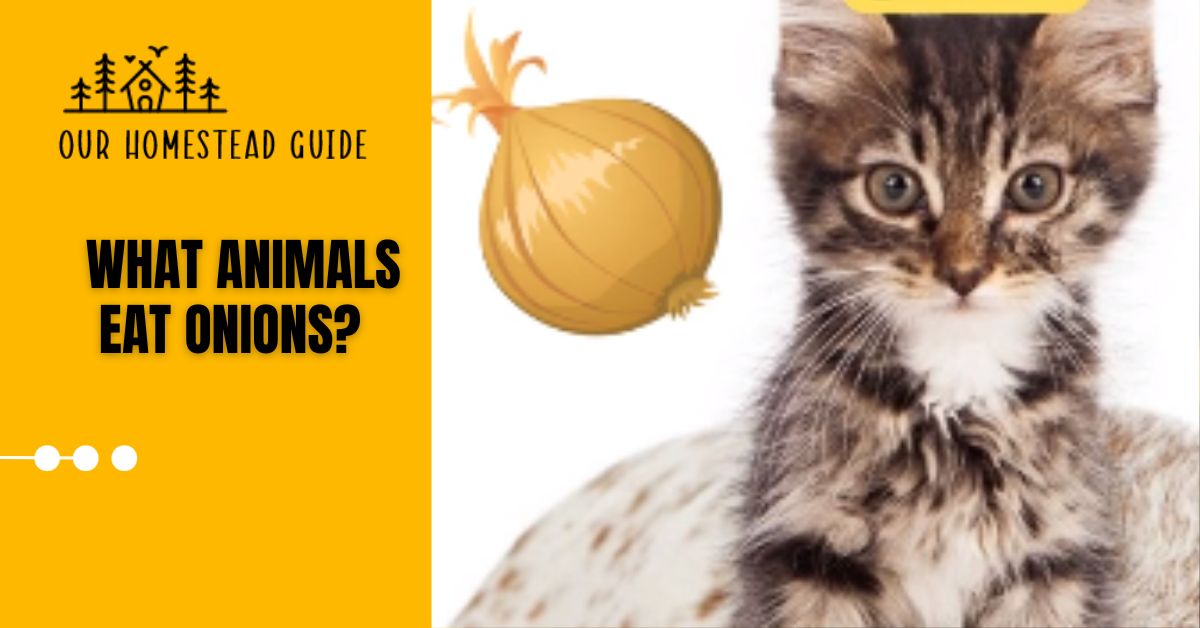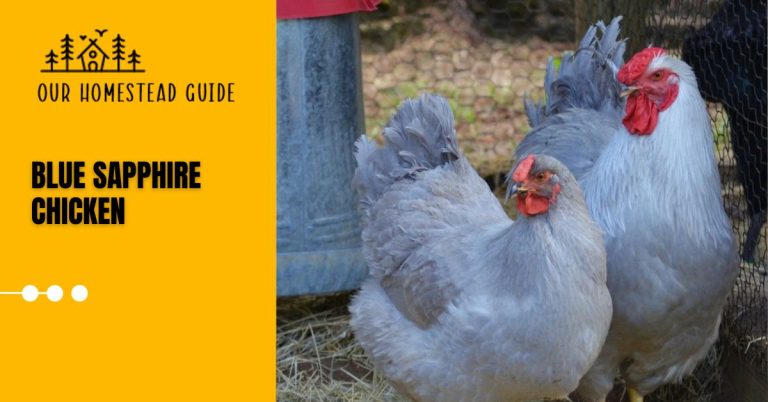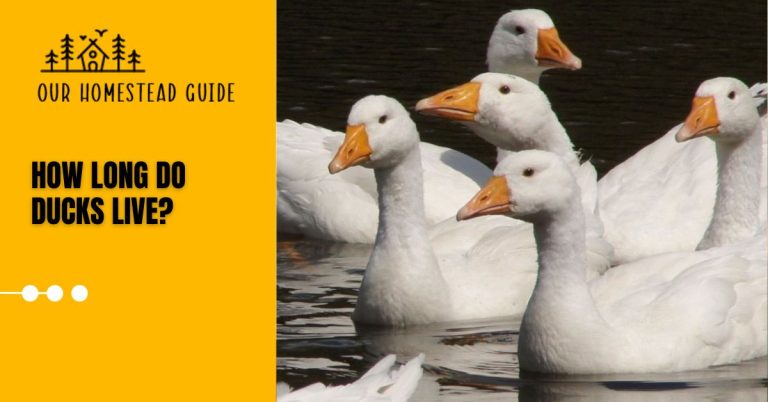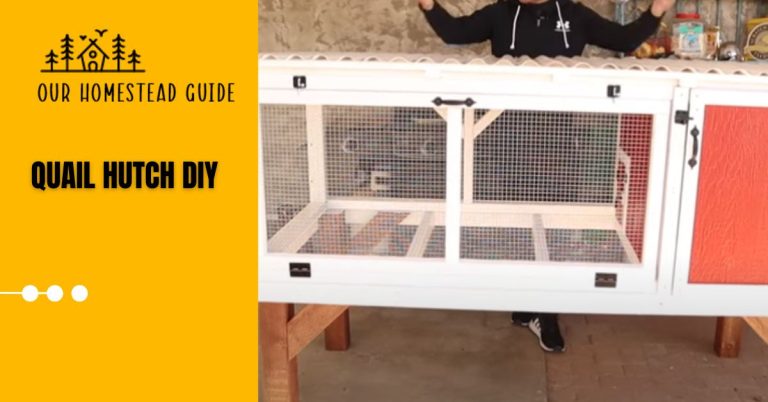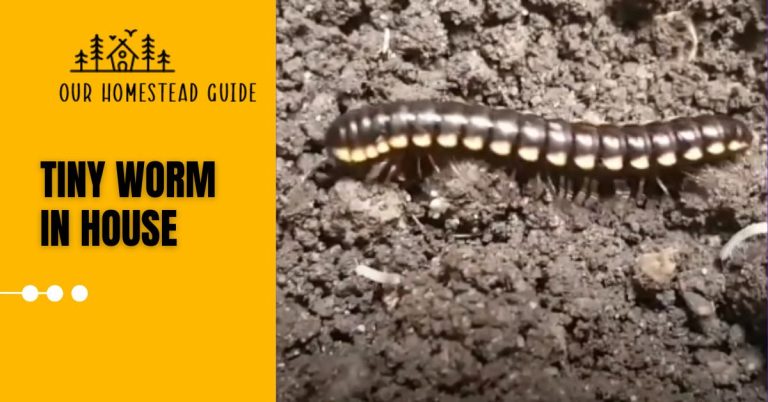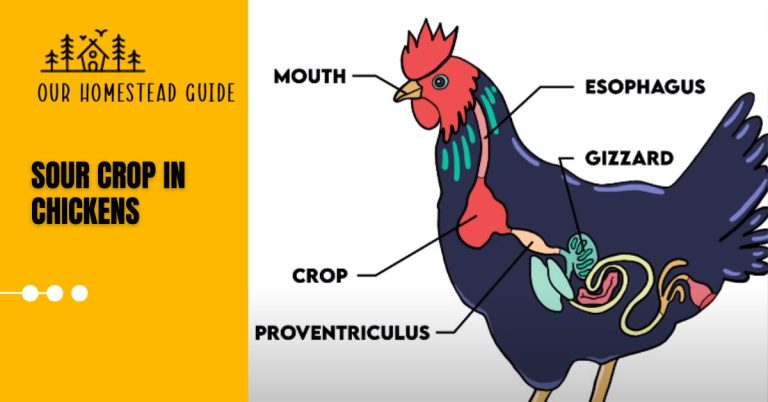What Animals Eat Onions? 25 Animals that Eat Onions
Many animals enjoy eating onions. Squirrels, rabbits, dogs, cats, raccoons, moles, birds, deer, snails, slugs, groundhogs, and rats are among the most prevalent. However, not every animal thinks onions are a tasty element of a meal. Animals Eat Onions and While some animals eat the onions, others injure the plants and just eat the tips.
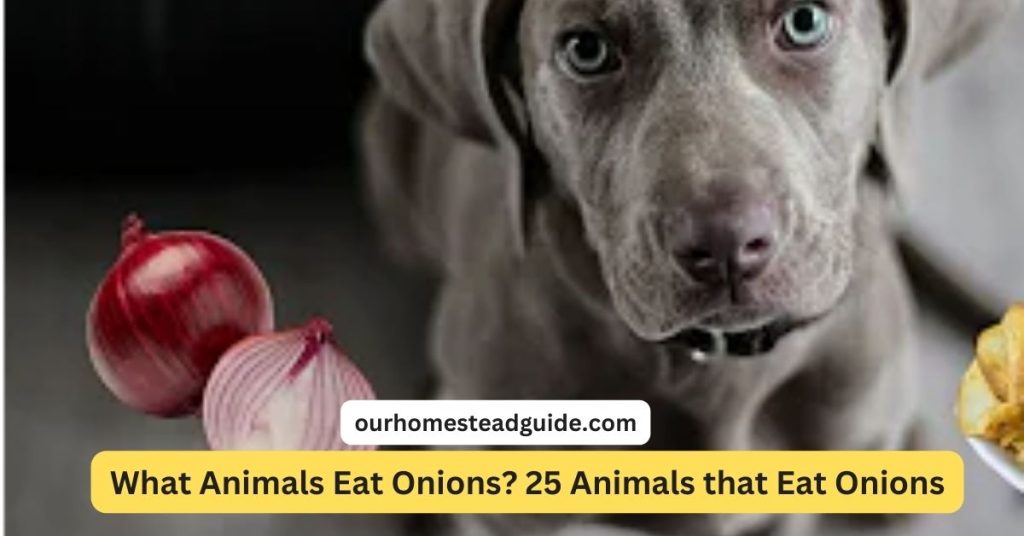
Sure, here is a list of 25 animals that eat onions:
| Animal | Type |
|---|---|
| Omnivorous Raccoon | Raccoon |
| Opportunistic Crow | Crow |
| Foraging Wild Boar | Wild boar |
| Curious Squirrel | Squirrel |
| Urban Fox | Fox |
| Omnivorous Bear | Bear |
| Non-Discriminating Goat | Goat |
| Scavenging Opossum | Opossum |
| Adventurous Rat | Rat |
| Inquisitive Chicken | Chicken |
| Indiscriminate Turkey | Turkey |
| Peckish Pigeon | Pigeon |
| Opportunistic Deer | Deer |
| Brave Hedgehog | Hedgehog |
| Bold Groundhog | Groundhog |
| Mischievous Monkey | Monkey |
| Culinary Skunk | Skunk |
| Experimental Capybara | Capybara |
| Unselective Horse | Horse |
| Picky Parrot | Parrot |
| Opportunistic Lemur | Lemur |
| Adventurous Kangaroo | Kangaroo |
| Experimental Elephant | Elephant |
| Opportunistic Giraffe | Giraffe |
| Brave Bison | Bison |
What Animals Eat Onions?
Even under dire circumstances, most animals are likely to give up on onions. Because of its tremendous potency, certain mammals may experience severe poisoning as well as other negative consequences.
But Yes, a lot of animals consume onions. Here are few instances:
Raccoons:
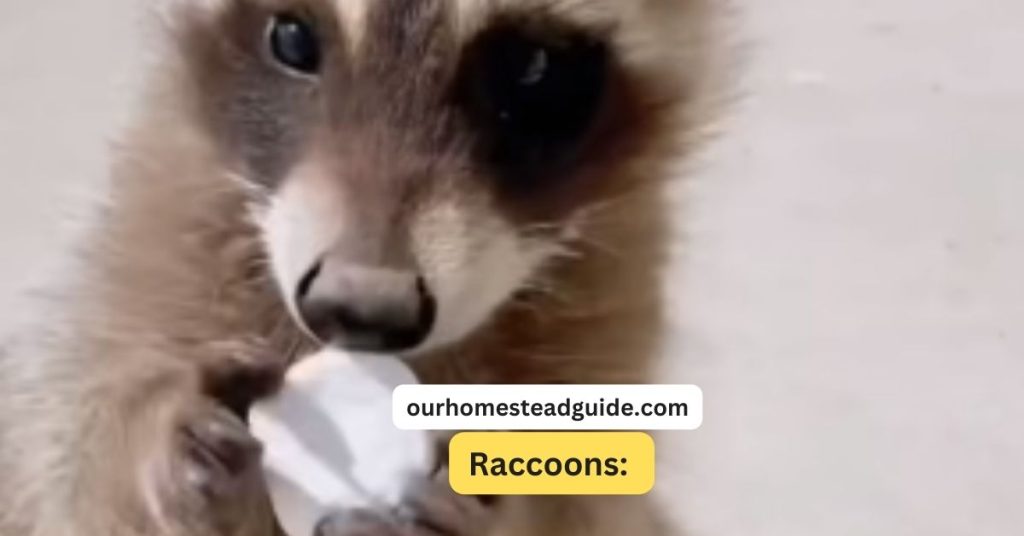
Being omnivores, raccoons consume both plants and animals. They will eat almost anything, even onions, because they are opportunistic feeders.
Squirrels:
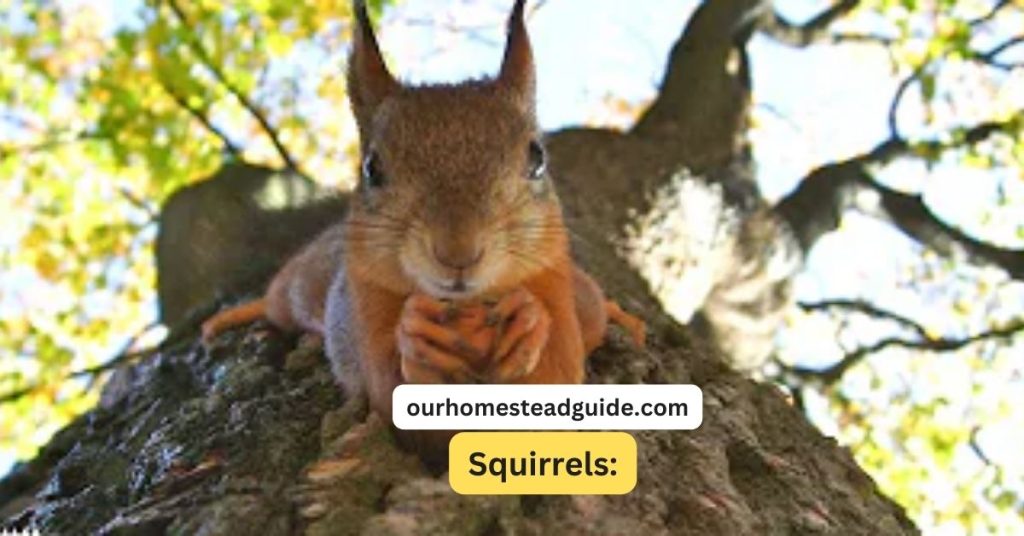
Being omnivores, squirrels will also consume onions. They will dig out bulbs from the ground since they are really fond of them.
Deer:
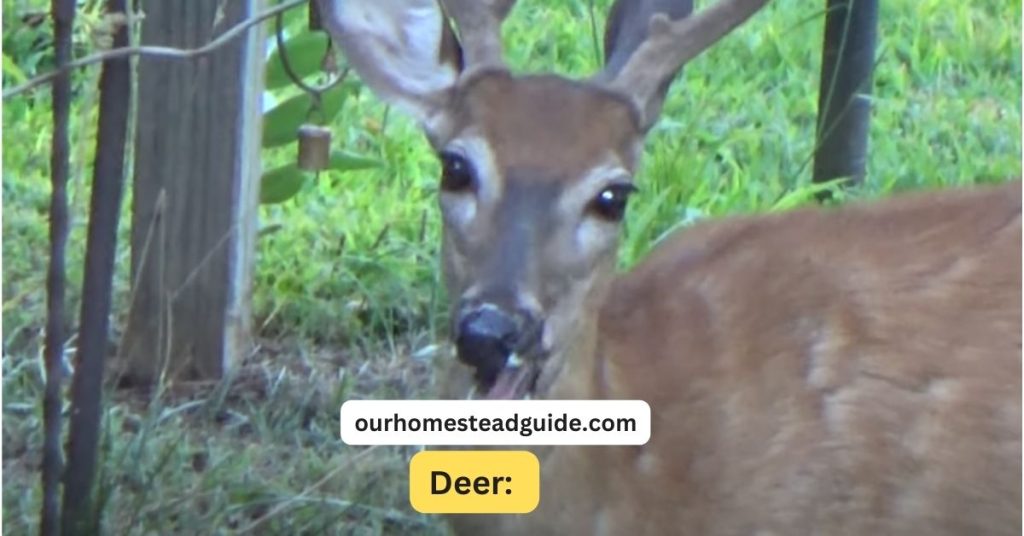
Deer only consume plants since they are herbivores. When there aren’t many other food options available, they will occasionally consume onions.
Owlet moths:
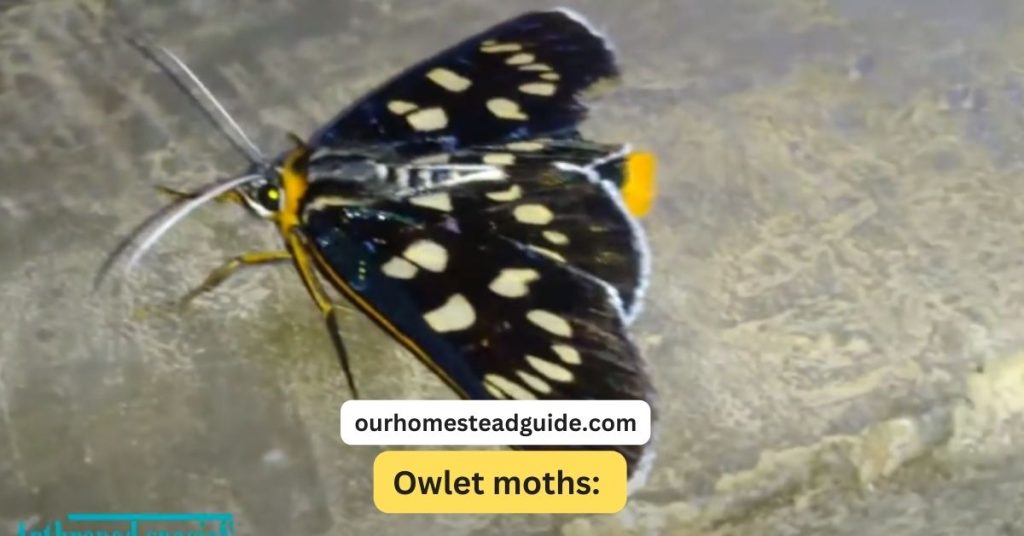
Night-seeking insects, owlet moths are drawn to the pleasant onion scent. The larvae will consume the leaves and stems of the onion plants.
Are Onions Safe For All Animals?
No, not every animal can safely consume onions. In actuality, certain animals—particularly dogs and cats—may find them harmful. A substance found in onions called thiosulfate can harm a dog’s or cat’s red blood cells. Hemolytic anemia is a potentially deadly illness that can result from this.
Symptoms of onion poisoning in cats and dogs:
- Vomiting
- Diarrhea
- Lethargy
- Weakness
- Pale gums
- Red or brown urine
- Jaundice
If you think your pet has eaten onions, it is important to seek veterinary attention immediately. The severity of the symptoms will determine how onion poisoning is treated. Sometimes all that is required is supportive treatment, such as intravenous fluids. Oxygen treatment or blood transfusions could be required in other situations.
It is advisable to keep onions away from your dogs since prevention is always preferable to treatment. Here are some suggestions to keep your dogs from getting onion poisoning:
- Even in little amounts, never give onions to your dogs.
- Keep onions in a tightly sealed container that is inaccessible to your dogs.
- Get rid of onion leftovers the right way.
- In case you suspect your pet has consumed onions, make sure to recognize the symptoms of onion poisoning and contact a veterinarian right away.
What Animals Will Eat An Onion?
The onion will appeal to a variety of animals. Here’s a list of the most popular ones:
Rabbit – Even though onions are poisonous to rabbits in the wild, if they have nowhere else to eat, they will consume onions.
Chicken – Even if it was still unclear, chickens adore onions. Onions also improve their health.
Squirrels: Squirrels adore onions and are picky eaters. Because they are sentient beings, they can determine for themselves whether or not the meal is healthy.
Coops – Being omnivores, raccoons will consume everything they come upon. Thus, they do consume onions.
The Groundhogs– Groundhogs are big fans of onions. They are most frequently seen in gardens, where they particularly like eating leaves.
Moles – Moles do consume onions, and they also take pleasure in the surrounding dirt.
Deer– Although they consume onions, deer do not usually take this kind of food. They don’t usually like onions.
Rodents – Onions are a favorite food of rats. Rats find it difficult to avoid being drawn to onions due to the thiosulphate chemical present in them.
Do Animals Find Onions Attractive?
Indeed, the animals are drawn to the strong scent of onions. That isn’t the case for all animals, either. While the fragrance of onions draws in other tiny animals, common pets like dogs and cats do not enjoy eating onions.
What Pest Eats Onions?
Onions are consumed by several pests, but some of the more prevalent ones include:
Flying onions: The larvae of these tiny flies consume the bulbs after laying their eggs on onion plants. Onion crops are susceptible to serious harm from onion flies.
Thrips: Onion plant leaves and blooms are the food source for these microscopic insects. Thrips have the potential to harm plants and lower yields.
Maggots in onions: These are the onion fly larvae, and they harm onion bulbs by tunneling through them. Diseases can also be spread to onion plants by onion maggots.
Voles: Onions are often consumed by these little rodents, particularly in times of scarcity of other food sources. By chewing on the leaves and bulbs of onion plants, voles can cause harm.
Groundhogs: Though they are less frequent than some of the other pests on this list, these bigger rodents do occasionally consume onions. By removing the bulbs from the plants, groundhogs can harm onion plants.
Slugs and snails: These slimy creatures can consume onion leaves, giving them holes and jagged edges.
What Parts Of Onion Are Good To Feed To Animals?
Animals that enjoy eating onions are not restricted in what parts of them they can consume. These animals can safely consume onion bulbs and leaves as part of a normal diet. However, you should stay away from onions entirely if you don’t think they make a delicious dinner.
How Do You Feed Onions To Animals Correctly?
Pests and animals seem to like onions. There is therefore no proper way to feed them. Instead, these animals would much rather feed on their own, therefore you should secure your vegetable garden to prevent harm. Simply cover them with leaves or onions if you have slugs or snails with you, and they will eat them by themselves.
Which Onion Types Are Hazardous To Pets?
Pets should not be around onions of any kind, including shallots, chives, leeks, and red, white, yellow, sweet, and green onions. Hemolytic anemia is a disorder that can occur in dogs due to thiosulfate, a chemical found in onions that damages red blood cells.
Pets suffering from hemolytic anemia may exhibit a range of symptoms, including pale gums, weakness, vomiting, diarrhea, and jaundice. In extreme situations, it may be lethal.
Onions should be kept out of your dogs’ reach. Never give them onions, not even a tiny bit. Keep onions in a tightly sealed container that is inaccessible to your dogs. Get rid of onion leftovers the right way. Get in touch with your veterinarian right away if you suspect that your pet has eaten onions.
What Are The Symptoms Of Onion Toxicity In Animals?
Depending on the quantity of onions ingested and the animal’s susceptibility to thiosulfate, the signs of onion poisoning might differ. Generally speaking, the following signs may be seen:
uneasy stomach:
This is the most typical sign of poisoning from onions and includes nausea, vomiting, and diarrhea.
Weakness and lethargy:
Anemia can cause the animal to become weak and sluggish.
pale gums:
Because there aren’t enough red blood cells to deliver oxygen, the gums might seem pale.
Urine that is red or brown:
Hemolysis, or the lysis of red blood cells, is indicated by this.
Greenish-white color:
A build-up of bilirubin, a byproduct of hemoglobin breakdown, can cause the skin and eyes to look yellow.
Seizures, comas, and even death are possible outcomes of severe onion poisoning.
It’s crucial to have your pet checked out right away if you suspect they may have eaten onions. Serious consequences can be avoided with early identification and treatment.
Below is a more thorough explanation of the symptoms:
uneasy stomach:
In the early stages of onion poisoning, vomiting, diarrhea, and stomach discomfort are the most typical symptoms. After consumption, these symptoms might appear 12 hours later.
Weakness and lethargy:
Anemia can cause the animal to become weak and sluggish. Thiosulfate damages red blood cells, which are in charge of distributing oxygen throughout the body, leading to anemia.
pale gums:
Because there aren’t enough red blood cells to deliver oxygen, the gums might seem pale. This is a major indication of anemia and needs to be addressed.
Urine that is red or brown:
Hemolysis, or the breakage of red blood cells, is indicated by red or brown urine. Hemoglobin is released into the circulation after hemolysis and can subsequently be eliminated by the kidneys and eliminated in the urine.
Greenish-white color:
Yellowing of the skin and eyes brought on by an accumulation of bilirubin, a byproduct of hemoglobin breakdown, is known as jaundice. Although the liver regularly processes bilirubin, hemolysis can overload it, causing bilirubin to accumulate in the circulation and lead to jaundice.
What Are The Benefits Of Feeding Onions To Animals?
Although onions are a common meal for people, they can also be advantageous for animals. Numerous vitamins, minerals, and antioxidants found in onions can benefit an animal’s health.
| Benefit | Description |
|---|---|
| Support immune system | Onions contain antioxidants that can help boost the immune system and protect against disease. |
| Improve digestive health | Onions contain prebiotics that can help promote good gut bacteria and improve digestion. |
| Reduce inflammation | Onions contain anti-inflammatory compounds that can help reduce inflammation throughout the body. |
| Lower blood pressure | Onions contain compounds that can help lower blood pressure. |
| Improve heart health | Onions contain compounds that can help improve heart health by lowering cholesterol and triglycerides. |
| Fight cancer | Onions contain compounds that have been shown to have anti-cancer properties. |
| Improve bone health | Onions contain compounds that can help improve bone health. |
| Promote wound healing | Onions contain compounds that can help promote wound healing. |
| Relieve pain | Onions contain compounds that can help relieve pain. |
How to Control Onion Thrips?
Methods of Cultural Control
Crop Rotation: To sabotage the life cycle of thrips and lower numbers, alternate plantings of onions with non-host crops.
Planting Date: To reduce the early infection, wait to sow onion seedlings until after the thrips’ greatest abundance.
Weed Control: Get rid of weeds, particularly broadleaf weeds, as they can act as thrips’ alternate hosts.
Overhead Irrigation: This technique can assist in removing thrips from plants and lowering their population.
Techniques of Biological Control
Beneficial Insects: To control thrip populations, introduce lacewings, ladybugs, and predatory mites—natural predators of thrips.
Nematodes: To parasitize and destroy thrips larvae, apply beneficial nematodes to the soil, such as Steinernema carpocapsae.
Methods of Chemical Control
Use pesticides designated particularly for controlling thrips if other approaches prove ineffective. Pay close attention to the label’s directions and only apply as needed.
Most Frequently Asked Questions!
1-What animals eat onions?
Many animals consume onions, such as:
Omnivores include rodents, deer, ravens, squirrels, and raccoons.
Those that eat plants Deer (sometimes)
Insects: thrips, leafminers, onion flies, roundworms, grasshoppers, snails, and slugs
2- Are onions safe for all animals?
No, not every animal can safely consume onions. Thiosulfate, a substance found in onions, can be hazardous to animals, particularly cats and dogs. In these animals, thiosulfate can destroy red blood cells, resulting in hemolytic anemia.
3- What are the symptoms of onion poisoning in animals?
Animals that have eaten onions may have a range of symptoms based on their thiosulfate sensitivity and the quantity of onions they ate. Typical symptoms include the following:
disturbance of the digestive system (vomiting, diarrhea)
Weakness and lethargic mood
pale gingiva
Brown or red pee Jaundice
4- What should I do if I think my pet has eaten onions?
It’s crucial to have your pet checked out right away if you suspect they may have eaten onions. Serious consequences can be avoided with early identification and treatment.
5- How can I prevent my pet from eating onions?
Here are some suggestions to keep your dogs from getting onion poisoning:
Even in little amounts, never give onions to your dogs.
Keep onions in a tightly sealed container that is inaccessible to your dogs.
Get rid of onion leftovers the right way.
In case you suspect your pet has consumed onions, make sure to recognize the symptoms of onion poisoning and contact a veterinarian right away.
you may also like this article.

